Function of Education in Human Life:
M . L. Jacks has rightly observed, “There is plenty of work for education to do……….Education must enable the child to think himself, to respect hard work, to have good fellowship, to have taste and sense of eternal realization”.
The functions of education may be divided into the following two categories-
- Functions of Education in Human Life.
- Functions of Education in National Life.
It may be noted that the said division is made on account of convenience. As a matter of fact, these functions are interdependent and cannot be separated from each other because the rise and fall of man and nation are interdependent upon each other. In this connection, Maclver writes, “The quality of the nation is the quality of the social units whose common life it is- if the fuel is poor, how can the flame be bright”.
In other words, we may see that national life is nothing but the life of social units of the collective life of men. If the life of social units is poor, the national life will also be poor. If the citizens of a nation are good, that nation can attain the peak of progress. Thus the functions of education in human life and the function of education in national life are closely interrelated to each other. One will now, first, discuss the function of education in human life.
Keeping in view the requirements, values, aims, problems etc. of the modern Indian society, the following should be the functions of education in human life-
(1) Progressive Development of Innate Powers- According to the educationists who emphasise the significance of psychology in the field of education, the progressive development of the innate powers of the child is the main function of education. According to the famous educationist, Pestalozzi, the main function of education is to develop innate powers such as curiosity, love, self prestige, imagination, reasoning etc., of the child. In the words of Pestalozzi, “Education is defined as the natural harmonious and progressive development of man’s innate powers”.
(2) Personality Development- Most of the modern educationists of the modern age are of the opinion that education should not only aim to develop the innate powers of the child but should aim at the ‘complete development’ of the child. Education should aim to develop the personality of the child. In the words of Wood-worth “Personality is the total quality of an individual behaviour”. In other words, personality includes physical, emotional, mental and ethical aspects of the individual. It is the function of education to develop these aspects of the individual. In this connection, K. Bhatia and B. D. Bhatia also write, “In the educational system, there is provision for the complete and all-round development of the child’s personality”.
(3) Control Redirection and Sublimation of Instincts- Yet another function of education is the control, redirection and sublimation of instincts. It is necessary because without it the child will not be able to work for his own welfare as well as for the welfare of the society. In this connection, Daniel Webster writes, “The feelings are to be disciplined, the passions are to be restrained, true and worthy motives are to be inspired”.
(4) To prepare the child for Adult Life- In the words of a famous poet, “Child is the father of man”. This saying means that the child of the present has to perform social, political, and family duties in future. Education is the means which prepares the child for adult life. In the words of B. D. Bhatia, “Education prepares the educand for the responsibility and privileges of adult life”.
(5) Satisfaction of Needs- One of the important functions of education is to enable the educand to satisfy his needs. These needs may be biological, social, psychological, economic, ethical and spiritual. Although in the modern period, emphasis is laid on the biological needs of food, clothes, houses etc., yet the educationists will also have to keep in view the social, psychological, physical and spiritual needs so as to enable the educand to live as a social and ethical being.
(6) Improvement of Vocational Efficiency- The improvement of vocational efficiency of the educands is also an essential function of the education. This will help them to adopt some suitable profession after finishing their education. They will, thus, be able able to solve the problem of their livelihood.
(7) Achievement of Self-Sufficiency- Yet another function of education is to make the educands self-sufficiency in every sphere of their lives. This will not only help them to lead their lives with peace and prosperity but will also enable them to help other members of society. In this connection, Milton, the famous English poet writes, “I call a complete education that which fits a man to perform justly all the offices, both private and public, of peace and war”.
(8) Achievement of Material Prosperity- In the materialistic world of today, it is necessary for every individual to achieve sufficient material prosperity. It is the earnest wish of parents that their children should achieve sufficient material prosperity in their lives. It is, therefore, necessary that education should enable the educands to achieve sufficient material prosperity in their lives.
(9) Character Formation and Development of Morality- Character formation and development of morality occupy an important place among the functions of education. Education enables the educands to know the supreme values of life viz., truth, beauty and goodness and thereby the educands endeavour to maintain good conduct and morals. In the words of Mahatma Gandhi, “Moral education is the prime most function of education to provide if it is to be worthy of its name”.
(10) To put on continuity of Life- While propounding the Principle of Natural Selection, a famous scientist, Charles Darwin has pointed out that in order to maintain life every creature has to face some struggle against nature and environment. In other words, on the one hand, there are many things conducive for one’s life, on the other hand, there are some elements such as cold, heat, rains, storms, wild animals, even unsocial men etc., who are a menace to the existence of man on earth. But education enables man to conquer these elements and to put on continuity of life by using the power of nature. According to L. R. Shukla, “Without education, a man would not only remain speechless and thoughtless but would not even survive in the world which on all sides presents to him a struggle for existence”.
(11) Guidance- In the present age, every man needs some guidance so that he may be acquainted with different spheres of life and may be able to earn his livelihood with peace and happiness. It is the function of education to provide such guidance.
(12) Reorganization and Reconstruction of Experiences- Last but not least, the function of education is the reorganization and reconstruction of the experiences of the individual. This function of education will enable the educand to take the help of the past in order to prepare for his future. According to Dewey, “It is the chief business of light at every point to make a living contribution to an enrichment of its own perceptible”.
Thus, we see that the function of education in human life is to develop all the powers, and capacities of every individual of the society so as to ensure complete development to enable them to advance towards the cherished goal. Emerson has rightly remarked, “Education should be as broad as man. Whatever elements are in him, it should foster and demonstrate”.
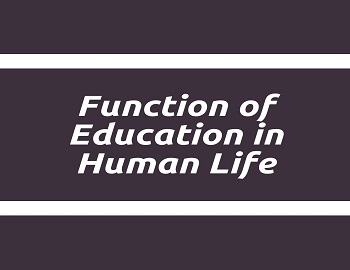
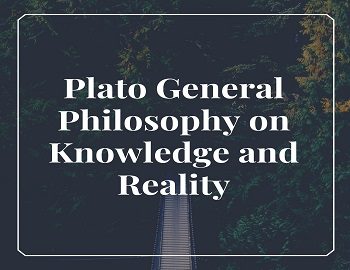
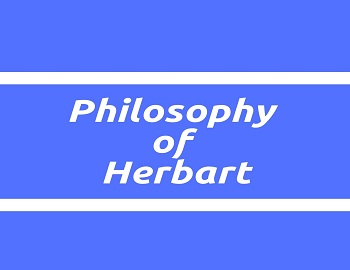
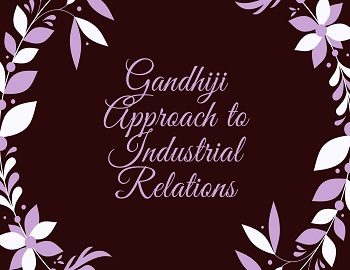
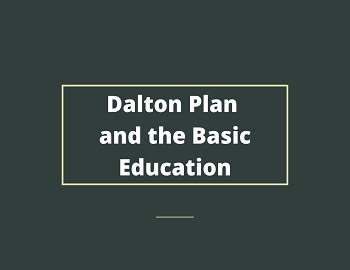
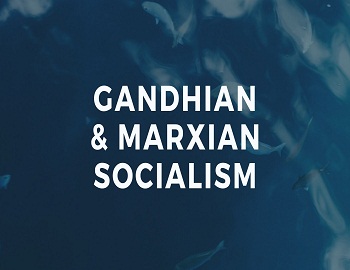
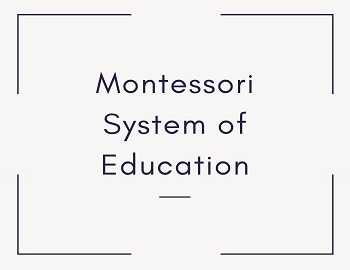

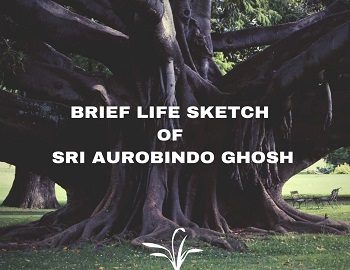
Comments (No)